Families of N.S. mass shooting victims say province failed to manage their mental health
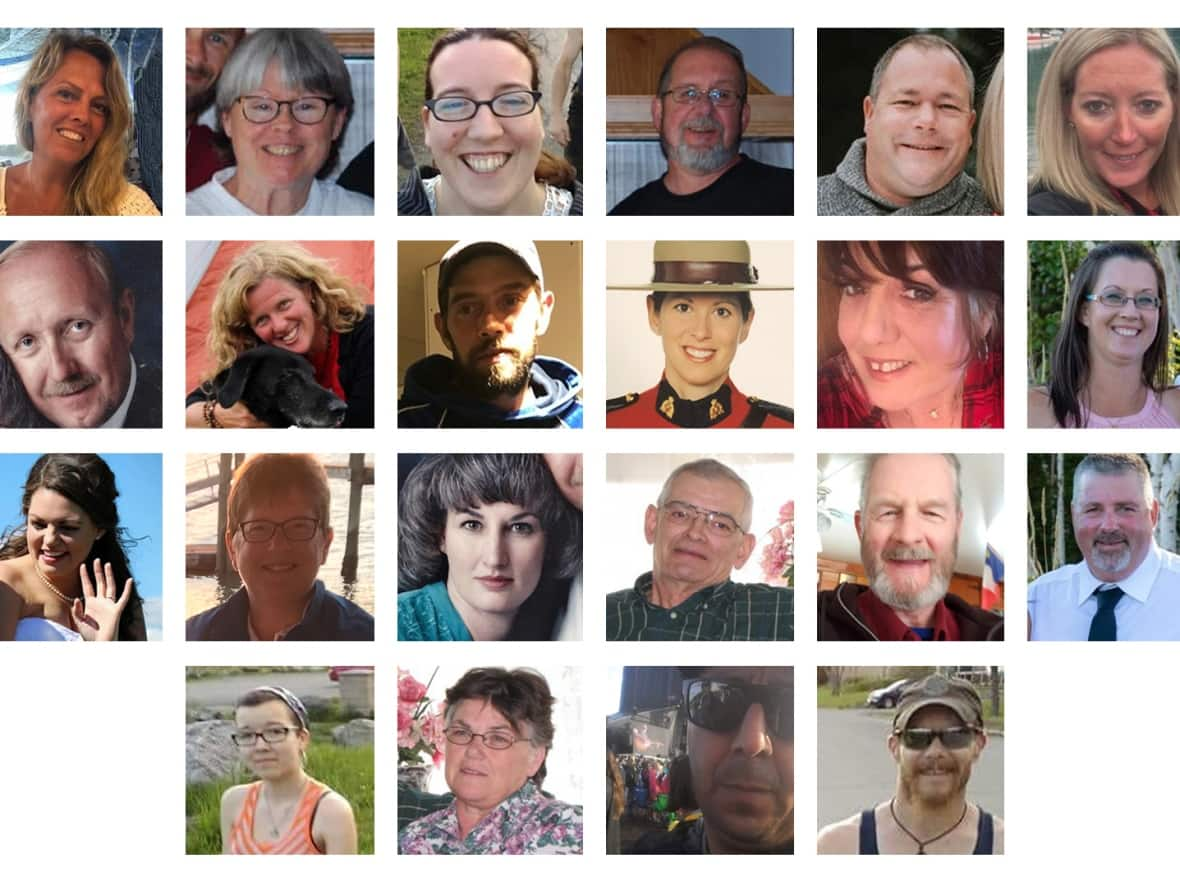
In the weeks and months following the Nova Scotia mass killing on April 18-19, 2020, many families of the victims who died say they struggled to get basic mental health services.
They say there were either none available or the proper services weren't communicated by Department of Justice Victim Services.
Heart-wrenching accounts from grieving family members were provided to the three commissioners leading the joint federal-provincial public inquiry in mid-September. The Mass Casualty Commission is investigating the causes and circumstances of the rampage that saw a lone gunman masquerading as a police officer killed 22 people including a pregnant woman.
Transcripts of those meetings with victims' families were released publicly on Thursday.
"You never expect a mass casualty to happen but it does," said Darcy Dobson, who lost her mother, Heather O'Brien.
"We're living proof that there was nobody who knew how to handle the mass of mental health issues that came with it."
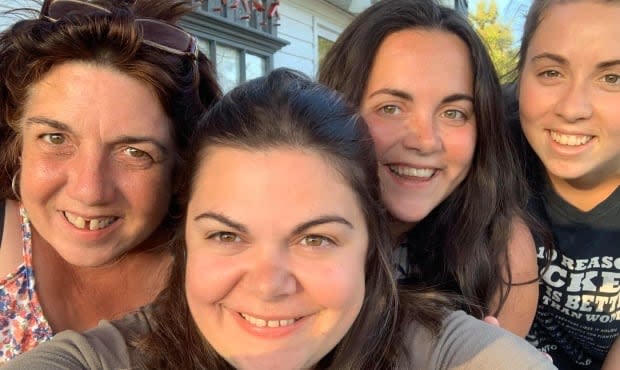
Dobson and her sister, Katie Devine, represented their large family, consisting of eight adult children, their father and multiple spouses, at their session in Truro on Sept. 17. They took the opportunity to download how Victim Services in Nova Scotia needs to do better.
"We were never referred to Victim Services," said Dobson. "A distant family member suggested we call ourselves, and we did. Some of our family members, immediate family members, have never been contacted by Victim Services, and it's been two and a half years."
She said the program needs more funding, as well as better partnerships with psychologists and psychiatrists who are equipped to deal with a mass casualty.
For Devine, the experience was even more personal. At the time, she said she worked for Nova Scotia Health in a position paid for by Mental Health and Addictions.
"The fact that they needed me to get paperwork signed by a therapist that I could not find, or I had to come back to work, is just beyond me," she told the commissioners.
"All they have to do is open a newspaper to know who I am and what happened to me. I shouldn't have to beg for time off work."
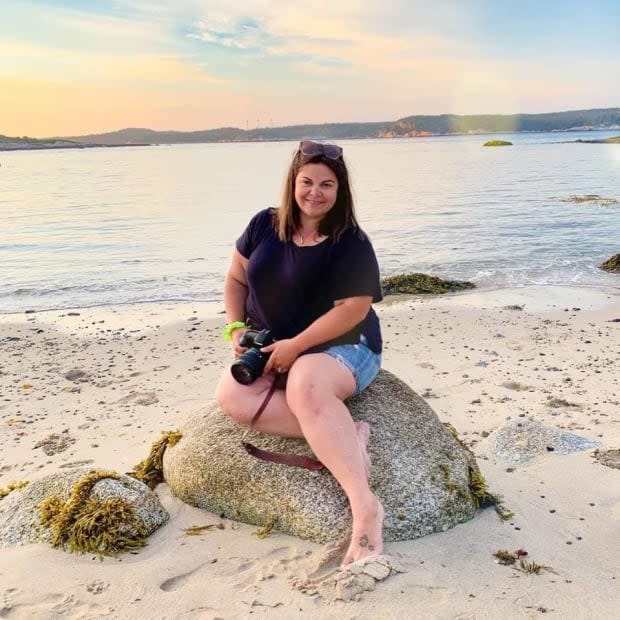
Devine said she eventually left that job as she struggled to secure therapy. Her original psychologist charged more than the approved amount, forcing Devine to seek care elsewhere.
"So then I was left for months looking for another therapist that would be paid through Victim Services 'cause I couldn't afford to do it myself," Devine said. "And Victim Services didn't even have to find that therapist. They gave me a list to go through, and I had to make phone calls."
Nova Scotia Health did not provide a response by Friday afternoon.
Similar struggles
Amelia Goulet-Butler and her husband also felt disappointed by a lack of direction from Victim Services. They lost Gina Goulet after the gunman targeted her at home in Shubenacadie on the morning of April 19.
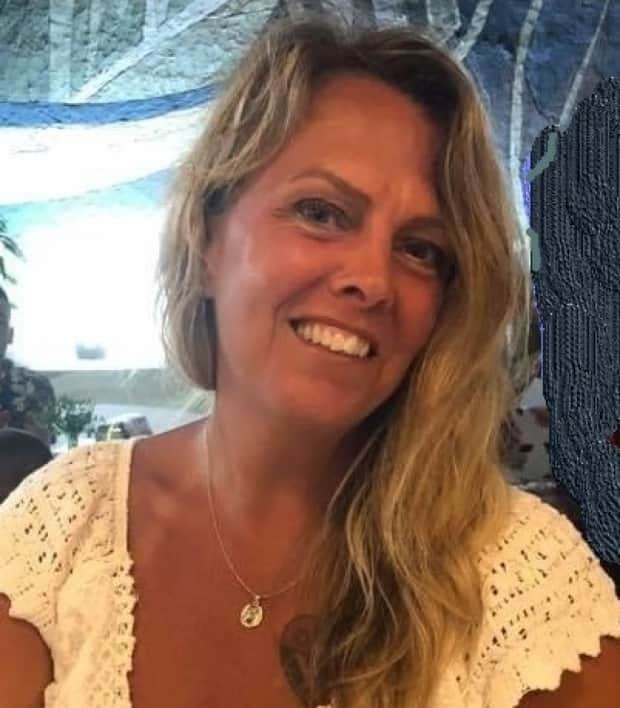
David Butler said that within two weeks of the murder, they each received a letter stating they had $2,500 to spend on counselling services. He said the letter included a list of approved vendors through Victim Services.
"I appreciate the ability to have access to those funds, and we're using them. And I think we actually have extensions on those funds so, I mean, that's been excellent that way," said Butler.
"But, yeah, right after … it was not a fun process."
Goulet-Butler said she remembers being overwhelmed by the list and she asked her family doctor for recommendations. However, she was turned away when she finally made the calls.
"I reached out to them because they were on the approved list but then they weren't taking any new clients," said Goulet-Butler. "So then that was a bit of roadblock. And when you're dealing with so much other stuff at the same time, it's super-defeating.
'Extremely dark thoughts'
Nick Beaton also describes the period after his wife's death as overwhelming. Kristen Beaton was pregnant with their second child when she was randomly killed in her vehicle.
Beaton said everyone wanted to help in the beginning and he instinctively turned people away.
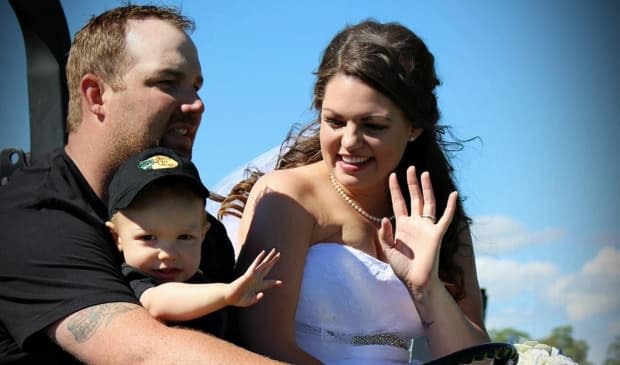
But he became desperate when things eventually quieted down and he was alone.
"I reached out to Victim Services and it was kind of my own fault for waiting so long that I needed help right then," said Beaton. "I was like, I need to talk to someone like right now. Everything hit me and it just piled up on me and I literally was having some extremely dark thoughts."
He said it was another three weeks before he received help.
Lessons learned
Nova Scotia Justice Minister Brad Johns told reporters on Thursday the referral list provided by Victim Services requires more attention.
"You know, that list is really fluid so we want to try to figure out a way to firm that up so that if there is a psychiatric person that victim services is referring people to … that they do have the ability to take on new clientele," said Johns.
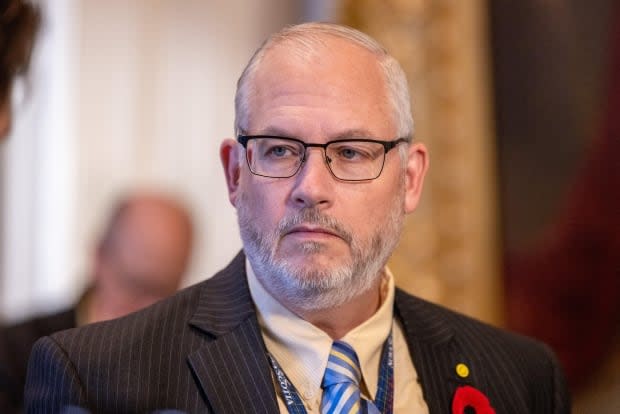
A spokesperson for the Department of Justice went even further in an emailed statement, addressing the concerns brought forward by families who lost loved ones in the tragedy.
"Our staff worked tirelessly with families and community, and we continue to do what we can for the families. We also acknowledge more could have been done," said Peter McLaughlin.
"We believe lessons have been learned from this event, and we look forward to the recommendations from the Mass Casualty Commission to help us improve services to survivors and families."
Out-of-province challenges
For those living outside Nova Scotia, accessing mental health resources in 2020 had its own set of challenges. Crystal Menduik's sister, Jolene Oliver, was killed in Portapique, along with her niece, Emily Tuck, and brother-in-law Aaron Tuck.
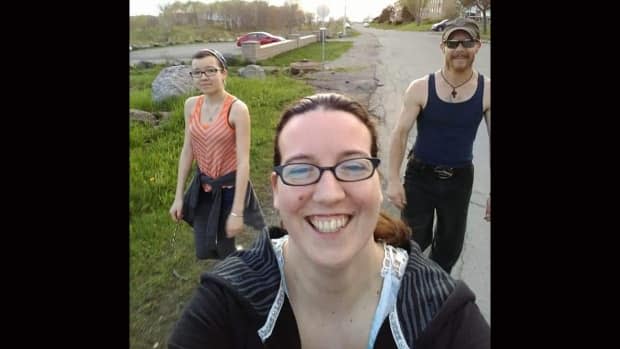
Menduik lives in Alberta and found it "extremely difficult" to navigate the resources provided by Victim Services.
"Our family, across the board, you know … all of us had an enormous amount of difficulties getting approved for the program," said Menduik. "A vast majority of that problem was they didn't have any approved vendors in Alberta that they could put into their system."
She said it took her eight weeks to find an available counsellor.
"And then, after we finally got the individuals approved, that they had actually recommended, then they had a problem with their fee that they were charging," Menduik said. "And it was a standard fee for Alberta so then it was another process where we couldn't get to counselling until we could get the fee approved because we just simply didn't have the means to be putting out the difference of that kind of money."
She said it took another three months before funding was resolved, a process she describes as an "uphill battle that I just didn't need."
Menduik told the public inquiry that mental health resources need to be streamlined for people living out-of-province in crisis situations such as a mass shooting.
The Mass Casualty Commission is expected to release its final report with recommendations by March 31, 2023.
MORE TOP STORIES


